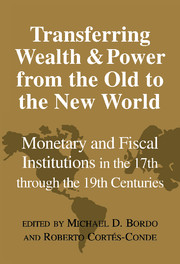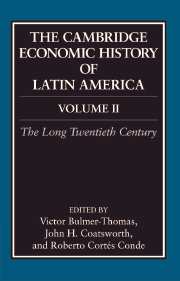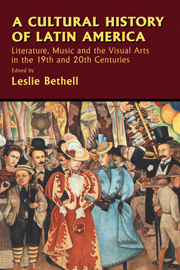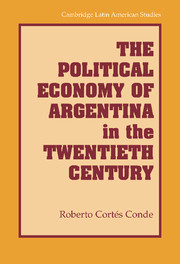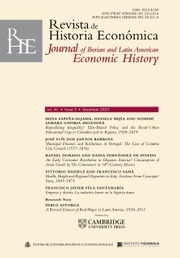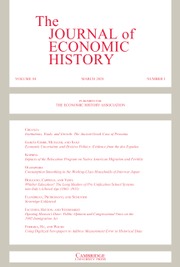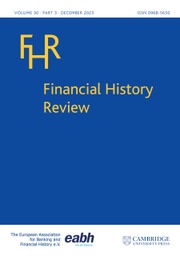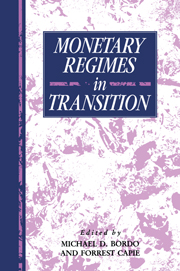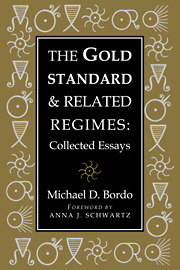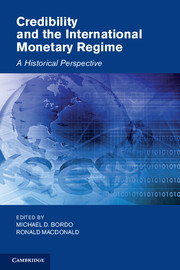Transferring Wealth and Power from the Old to the New World
This book contains a collection of essays comparing the evolution of the fiscal and monetary regimes of the Old World colonial powers - England, France, Spain, Portugal and the Netherlands - from the seventeenth to the nineteenth centuries with the experiences of several of their former colonies in the New World of the Americas: the United States, Canada, Mexico, Colombia, Brazil and Argentina. The objective is to see how such fiscal and monetary institutions were modified or replaced by new ones. The case studies in the collection consider the experience of the colonies after they became independent countries; they examine the factors that allowed efficient fiscal institutions to develop in some countries, while in others such development turned out to be unsuccessful; and they consider why some governments were able to live within their means and provide public goods, while for others expenditures frequently exceeded revenue, often leading to fiscal crises.
- Unique, comparative economic and monetary history of Europe and the Americas
- Numerous world-class economic historians are contributors, including M. Bordo, F. Capie, E. White, R. Sylla, J. deVries, R. Cortés-Conde, M. Urrutia, A. Redish
- Offers analysis of economic and political determinants of fiscal/monetary regime success and failure that will be of interest to theorists as well as historians
Reviews & endorsements
"I found this book to be useful as a broad guide to the fiscal and monetary institutions of a large number of nations over a considerable time period." Economic History
"...important and timely collection... each contributor provides a wealth of statistical data and cogent, generally well-written analyses informed by sound economic theories. Furthermore, the editors and commentators have done an excellent job of selecting, summarizing, and evaluating the case studies... this important work should be read by business, economic, and legal historians, and macroeconomists, political economists, and policymakers, both public and corporate." Robin E. Wright, International Journal of Business History
"Business historians should make extensive use of the volume..." Autumn 2002
"This book is worth reading for its historical value, especially for those interested in teh development of particular countries." - Review of Political Economy Oren M. Levin-Waldman, Metropolitan College of New York
Product details
October 2001Hardback
9780521773058
494 pages
229 × 152 × 27 mm
0.83kg
26 b/w illus. 48 tables
Available
Table of Contents
- Contributors
- 1. Introduction Michael D. Bordo and Roberto Cortés-Conde
- Part I. The Old World:
- 2. The origins and development of stable fiscal and monetary institutions in England Forrest Capie
- 3. France and the failure to modernize macroeconomic institutions Eugene N. White
- 4. The Netherlands in the New World: the legacy of European fiscal, monetary and trading institutions for New World development from the seventeenth to the nineteenth centuries Jan DeVries
- 5. Fiscal and monetary institutions in Spain (1600–1900) Gabriel Tortella and Franciso Comín
- 6. War, taxes, and gold: the inheritance of the real Jorge Braga de Macedo, Álvaro Ferreira da Silva and Rita Martins de Sousa
- Part II. The New World:
- 7. The United States: financial innovation and adaptation, Richard Sylla
- 8. The legacy of French and English fiscal and monetary institutions for Canada Michael D. Bordo and Angela Redish
- 9. Mexico: from colonial fiscal regime to liberal financial order, 1750–1912 Carlos Marichal and Marcello Carmagnani
- 10. Property rights and the fiscal and financial systems in Brazil: colonial heritage and the imperial period Marcelo de Paiva Abreu and Luis A. Corrêa do Lago
- 11. Argentina: from colony to nation: fiscal and monetary experience of the eighteenth and nineteenth centuries Roberto Cortés-Conde and George T. McCandless
- 12. Continuities and discontinuities in the fiscal and monetary institutions of New Granada, 1783–1850 Jaime U. Jaramillo, Adolfo R. Maisel and Miguel M. Urrutia
- Part III. Commentaries:
- 13. The state in economic history Herschel I. Grossman
- 14. Reflections on the collection Albert Fishlow
- Index.

